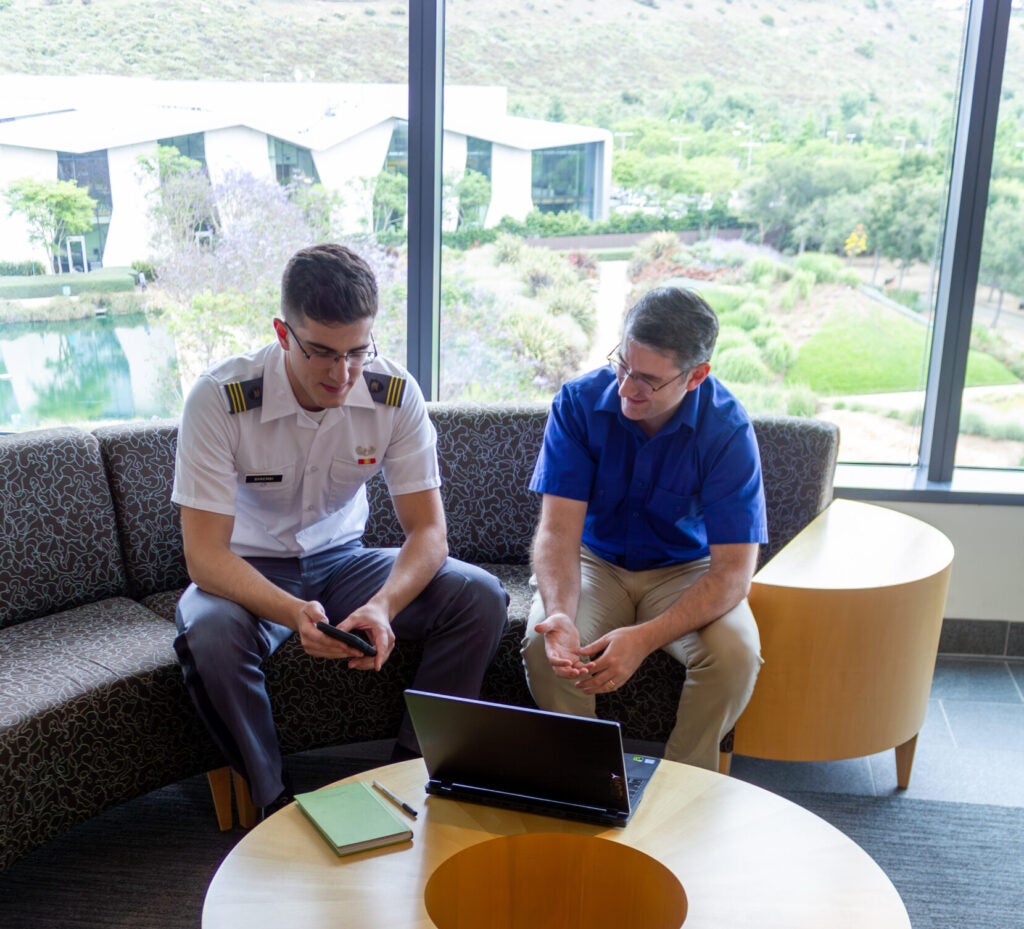The USC Institute for Creative Technologies (ICT) is applying artificial intelligence to military education through the Artificial Intelligence Research Center of Excellence for Education, a two-year, $4.5 million initiative funded by Congress and led by researchers Benjamin Nye, Ning Wang and Bill Swartout.
One project emerging from this collaboration is the Army Writing Enhancement (AWE) tool, which aims to support soldiers in improving written communication without replacing the essential role of human critical thinking.
The tool integrates AI capabilities into familiar platforms, such as Google Docs and Microsoft 365, enabling practical and accessible use within existing workflows.
Rather than using generative AI to write essays, AWE uses it to help soldiers brainstorm about their topic and develop ideas. The soldiers then write their essays themselves, without machine assistance. AWE then reviews completed drafts as a reader would, by asking whether an essay has a strong hook, solid evidence and balanced perspectives - encouraging soldiers to think critically while improving their communication.

"AWE aligns with ICT's broader philosophy of 'human-AI teaming,' which utilizes artificial intelligence to augment human capabilities rather than supplant them," says Randall W. Hill Jr., vice dean of the USC Viterbi School of Engineering and executive director of ICT. "Enhancing soldiers' writing skills supports more transparent communication, which remains fundamental to operational success."
ICT's work draws upon extensive research into how individuals learn in complex, high-pressure environments. Previous projects involving virtual humans, serious games and interactive simulations have underscored the importance of intuitive and engaging educational tools. AWE reflects these principles by providing real-time feedback designed to strengthen critical thinking and writing skills.
Initial trials at Fort Leavenworth have yielded promising results; soldiers have noted improvements in their writing and analytical reasoning. These outcomes suggest that AWE can have a lasting impact on users' behavior and communication practices.
ICT and the U.S. Army are in talks to conduct a series of larger-scale evaluations with soldiers to further assess AWE's effectiveness. "The Army Writing Enhancement tool exemplifies ICT's interdisciplinary approach," Hill says. "It combines expertise in computer science, psychology, education and military operations to develop technologies that address real-world needs."






